Sleep is an essential part of life; it allows us to recharge our bodies and minds, leaving us feeling refreshed, alert, and ready for the day. Healthy sleep plays a significant role in digestion, the repair of cells, immunity, hormone regulation, and disease prevention. Without enough sleep, or upon waking up from a restless sleep, our brains and bodies can feel tired and lethargic. Some of us may even wake up feeling more tired than when we went to bed! Studies have found that around 35% of Americans aren’t getting enough sleep. This means that for 35% of us, our concentration, focus, decision making, mood and overall health are being negatively impacted. In a society that pushes the “hustle” lifestyle, it’s now more important than ever to rest our minds, create stillness within our bodies, and doze off to a good night’s sleep.
The Science of Sleep
Our bodies have an internal body clock, also known as the circadian rhythm.This clock operates on a 24-hour cycle to signal our wake and rest periods. This circadian rhythm is responsible for making some people “morning people”, the “afternoon slump”, and controls the tiredness we feel right before hitting the pillow. Keeping this rhythm in check is essential to maximizing our body’s functions throughout the day. Stress, chronic exhaustion, illness, and jet lag can all contribute to us feeling off. This is because these are all key players in regulating and managing our hormones during the day, some of which include sleep regulators.
After waking up, you will become increasingly tired throughout the day. The sleep drive is linked to a compound in the brain known as Adenosine. Adenosine levels increase throughout the day, making you feel more tired. During sleep, this compound is broken down, essentially restarting the body’s sleep drive for the following day.
Those of us who live in colder climates know the feeling of a 4PM sunset; It’s nearly impossible to stay awake as the sun goes down! This is due to light’s impact on our circadian rhythm. One of our brain regions, the hypothalamus, processes the presence of light and differentiates between artificial and natural light. When the sun starts to set, and our lamps and lights in the home are switched to ‘on’, our brains are convinced it’s nighttime and our bodies begin to prepare for sleep by releasing melatonin. When the sun rises the next day, the body releases cortisol within 30-45 minutes of awakening; this is known as the cortisol awakening response. Cortisol is a hormone that promotes energy and alertness, and has been found to provide an energetic ‘boost’, helping the body to prepare for the day ahead. Cortisol also decreases negative effects to stress exposure and is directly correlated with increased energy and lowered fatigue.
5 Reasons to Get More Sleep
Sleep, even in the form of naps, is a critical time in which the body detoxifies and repairs itself. For most adults, between seven and nine hours of sleep each night are needed for proper cognitive and behavioral functions, including focus and mood regulation. Studies have shown that sleep deprivation leads to serious consequences, including reduced brain function, delayed reactions, and mood swings. Lack of sleep has been linked to a higher incidence of obesity, Type 2 diabetes, high blood pressure, heart disease, and poor mental health.
1. Improves Concentration and Productivity
The feeling of being so exhausted that work seems like an impossible task is common, especially in today’s society. The demands of work, school, or a busy lifestyle are all impacted without adequate sleep. A study by the Sleep Research Society was conducted to discover whether total amount of sleep can be significantly decreased without negatively impacting neurobehavioral or physiological functions. The results found that participants who slept for 6 hours a night performed as poorly as those who had up to 2 nights of total sleep deprivation. Furthermore, these participants were unaware of the decline in their cognitive function or in their ability to perform cognitive tasks. Researchers also found that “sleep debt” (sleep loss accumulated over a long period of time) has neurobiological effects that accumulate over time. To summarize, even minimal sleep restriction (as in, not getting 7 to 9 hours of sleep per night) has significant impacts on our brain function.
2. Decreases Disease Risk: Sleep deprivation is linked to decreased insulin sensitivity, increased inflammation, and behavioral changes such as overeating. These all increase the incidence of Type 2 diabetes, a disease in which the body cannot use the hormone insulin properly. An analysis of 36 studies, which included over 1 million people, found that sleeping fewer than 6 hours increased type 2 diabetes risk by 18%. Further, inadequate sleep is also associated with obesity, heart disease, and metabolic syndrome (all of which contribute to type 2 diabetes).
3. Assists in Strong Mental Health: Depression and anxiety, in particular, are strongly linked to both poor sleep quality and sleep disorders. A population-based study from 2019 found that those with anxiety and depression were more likely to report poorer sleep scores than those without. Sleep allows our brains to recover from the previous day and prepare for the next; This study shows a direct correlation between sleep quality and mental health.
4. Supports a Healthy Immune System: Lack of sleep has been shown to impair immune function. The body’s various hormones, including human growth hormone, peak during sleep, fighting off disease and rebuilding our cells. Without enough sleep, the ability of our immune system to do this is compromised.
5. Decreases Inflammation: Sleep regulates our central nervous system, particularly the stress-response system known as the sympathetic nervous system. Sleep loss or disturbed sleep are directly linked to the activation of inflammatory signaling pathways in the body. Over time, chronic inflammation can lead to the development of various diseases.
How to Get Enough Sleep
Now that we’ve covered the importance of sleep, you may be wondering, ‘How could I possibly get enough rest?’. With our busy lives filled with work responsibilities, social engagements, personal commitments, and the societal pressure to sleep late and wake early, getting adequate sleep may seem daunting. However, a good night’s sleep is possible and we’re here to help, so read on to learn some tips and tricks for a restful night's sleep. It’s time to start feeling refreshed and rejuvenated upon waking up in the morning.
Try to go to sleep and wake up around the same time every day.
This helps to regulate the circadian rhythm and allows proper hormonal control of sleep. No one wants sudden exhaustion at 3PM or a burst of energy at 10PM. By maintaining consistent sleep and wake times, we’re more easily able to have solid morning and nighttime routines. Try to not hit snooze on your alarm, plan workouts for the same time each day, and eat meals at regular times throughout the day. These routines are crucial for setting up the day ahead and for winding down before hitting your pillow.
Optimize your sleep environment: Maintain comfortable temperature settings and low light levels in your bedroom.
Arrae’s Naturopathic doctor, Dr. Kelcie, recommends keeping your bedroom completely dark and between 60 to 67 degrees. Ensure you have the best mattress, sheets, and pillows for your sleep positioning preferences and body type. You want to curate a comfortable environment to maximize rest and recovery. A white noise machine or earplugs are two great ways to minimize outside noise, which can negatively impact sleep.
Put down your phone/electronics at least 30 minutes before bedtime.
Artificial light directly affects sleep quality, melatonin production, and hormone levels. Instead, try reading or meditating right before bed to rid ourselves of any stressors of the day, calming the brain and preparing for sleep. When you’re about to fall asleep, take deep breaths, counting to 4 on the inhale, holding for 1 second, and releasing for a count of 6. Do this until your body feels calm, and drift on to a peaceful sleep.
Don’t consume large meals or caffeine around bedtime.
Try to eat dinner at least 3 hours before bedtime, allowing your body to digest adequately before getting into bed. Instead of your afternoon pick-me-up, opt for water or non-caffeinated tea or coffee. The Sleep Foundation recommends drinking chamomile, lemon balm, or passionflower tea before bedtime, as these have been found to promote relaxation and improve sleep.
At least 20 minutes of exercise during the day.
We know the benefits of exercise: decreased stress, elevated mood, and more energy throughout the day. Moderate to vigorous exercise reduces sleep onset–the time it takes to fall asleep. Whether it’s yoga, a spin class, or a walk outside, movement helps regulate our hormones and tires out our bodies, preparing them for sleep.
We know that not getting enough sleep impacts our emotional, physical, and mental health. Follow these tips and tricks to start prioritizing your sleep, keeping your brain and body feeling great.
Disclaimer: This blog post is purely informational and does not imply any evaluation by the Food and Drug Administration. This blog post is not intended to diagnose, treat, cure, or prevent diseases, nor should it substitute for advice from a healthcare professional.
References:
Anothaisintawee, Thunyarat et al. “Sleep disturbances compared to traditional risk factors for diabetes development: Systematic review and meta-analysis.” Sleep medicine reviews vol. 30 (2016): 11-24. doi:10.1016/j.smrv.2015.10.002
Hans P.A. Van Dongen, PhD, Greg Maislin, MS, MA, Janet M. Mullington, PhD, David F. Dinges, PhD, The Cumulative Cost of Additional Wakefulness: Dose-Response Effects on Neurobehavioral Functions and Sleep Physiology From Chronic Sleep Restriction and Total
Hoyt, Lindsay T et al. “Positive upshots of cortisol in everyday life.” Emotion (Washington, D.C.) vol. 16,4 (2016): 431-5. doi:10.1037/emo0000174
Oh, Chang-Myung et al. “The Effect of Anxiety and Depression on Sleep Quality of Individuals With High Risk for Insomnia: A Population-Based Study.” Frontiers in neurology vol. 10 849. 13 Aug. 2019, doi:10.3389/fneur.2019.00849
Leech, Joe. “10 Top Benefits of Getting More Sleep.” Healthline, Healthline Media, 6 Jan. 2022, https://www.healthline.com/nutrition/10-reasons-why-good-sleep-is-important.
Sleep Deprivation, Sleep, Volume 26, Issue 2, March 2003, Pages 117–126, https://doi.org/10.1093/sleep/26.2.117
Trockel, Mickey T et al. “Assessment of Physician Sleep and Wellness, Burnout, and Clinically Significant Medical Errors.” JAMA network open vol. 3,12 e2028111. 1 Dec. 2020, doi:10.1001/jamanetworkopen.2020.28111
“Why Do We Need Sleep?” Sleep Foundation, 9 Dec. 2021, https://www.sleepfoundation.org/how-sleep-works/why-do-we-need-sleep.

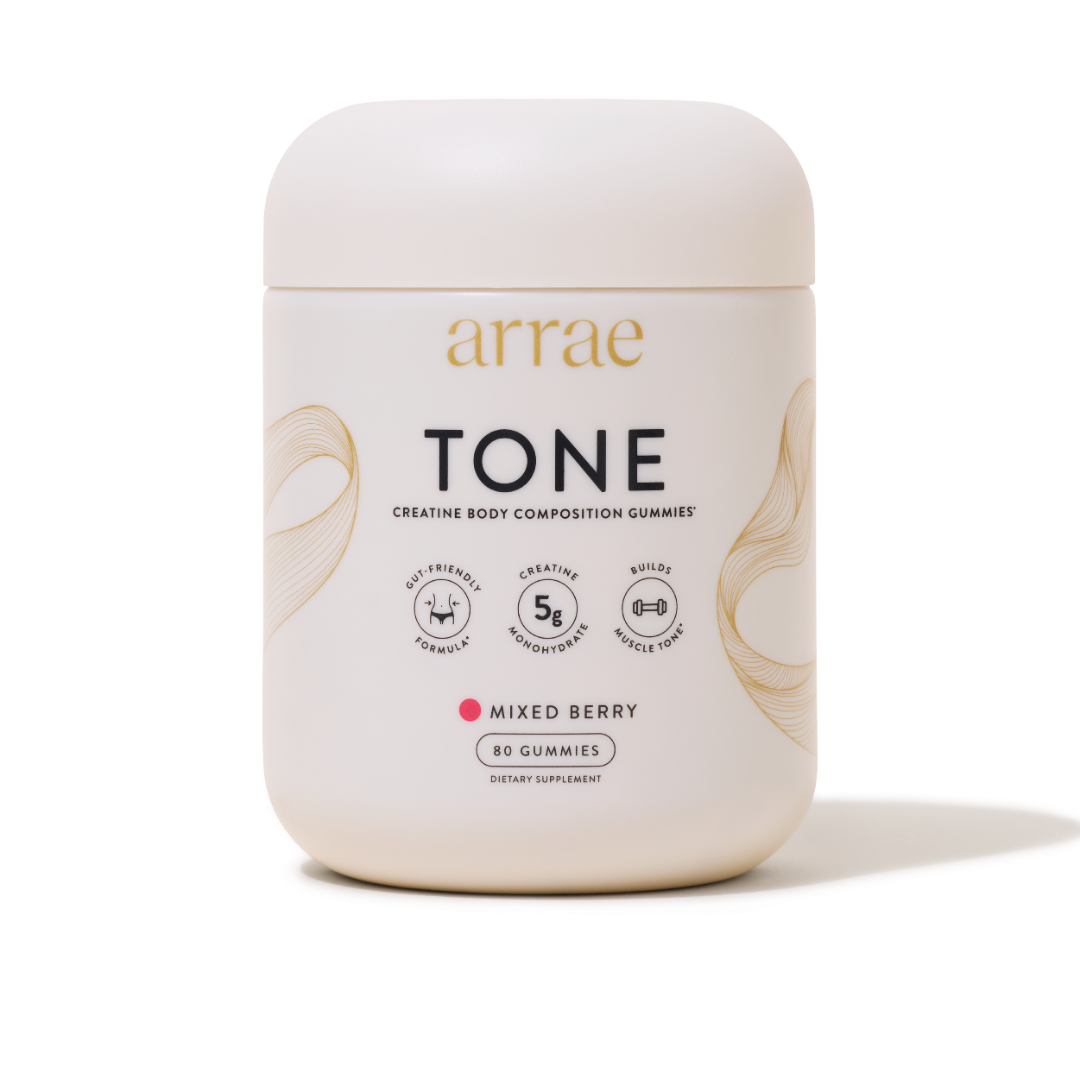





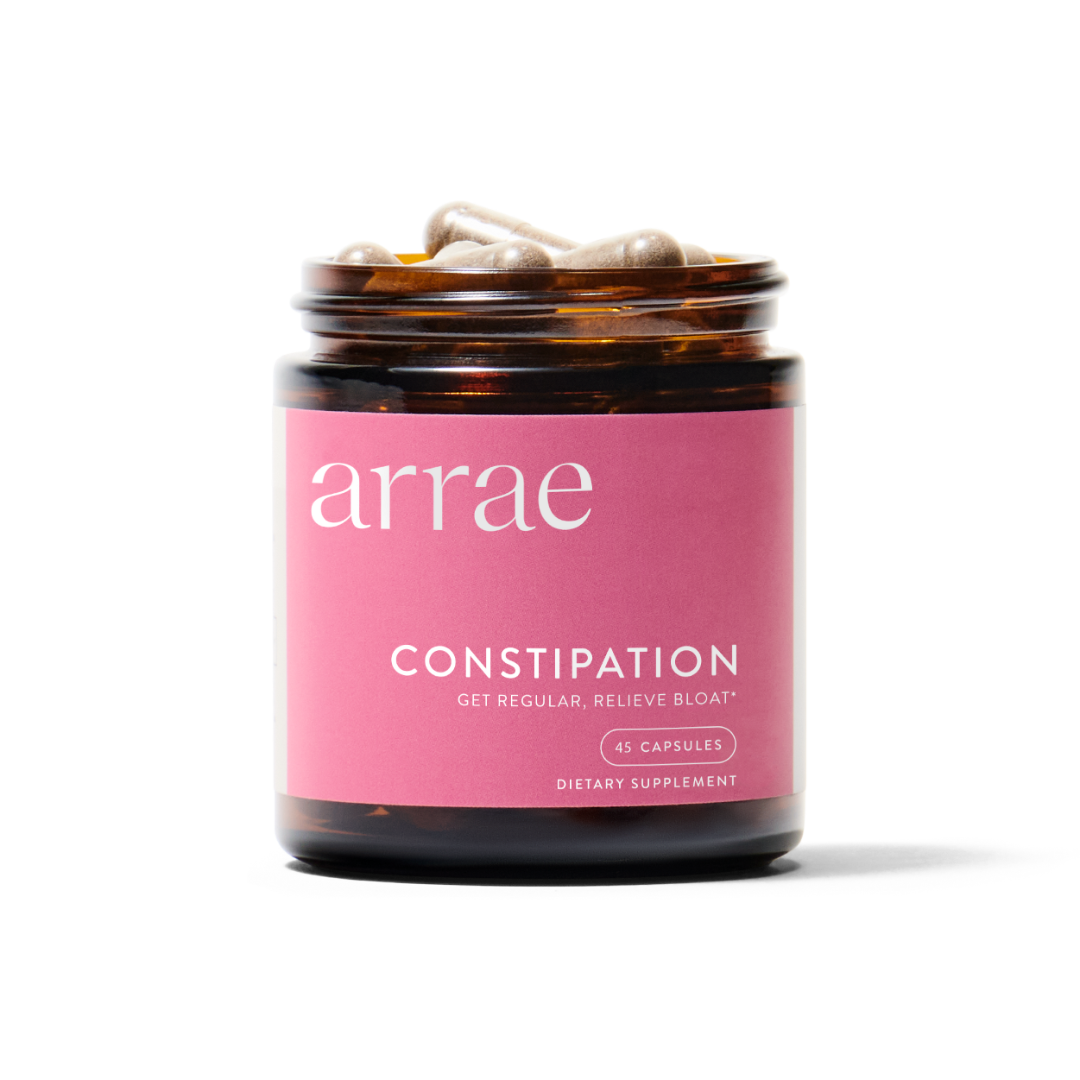

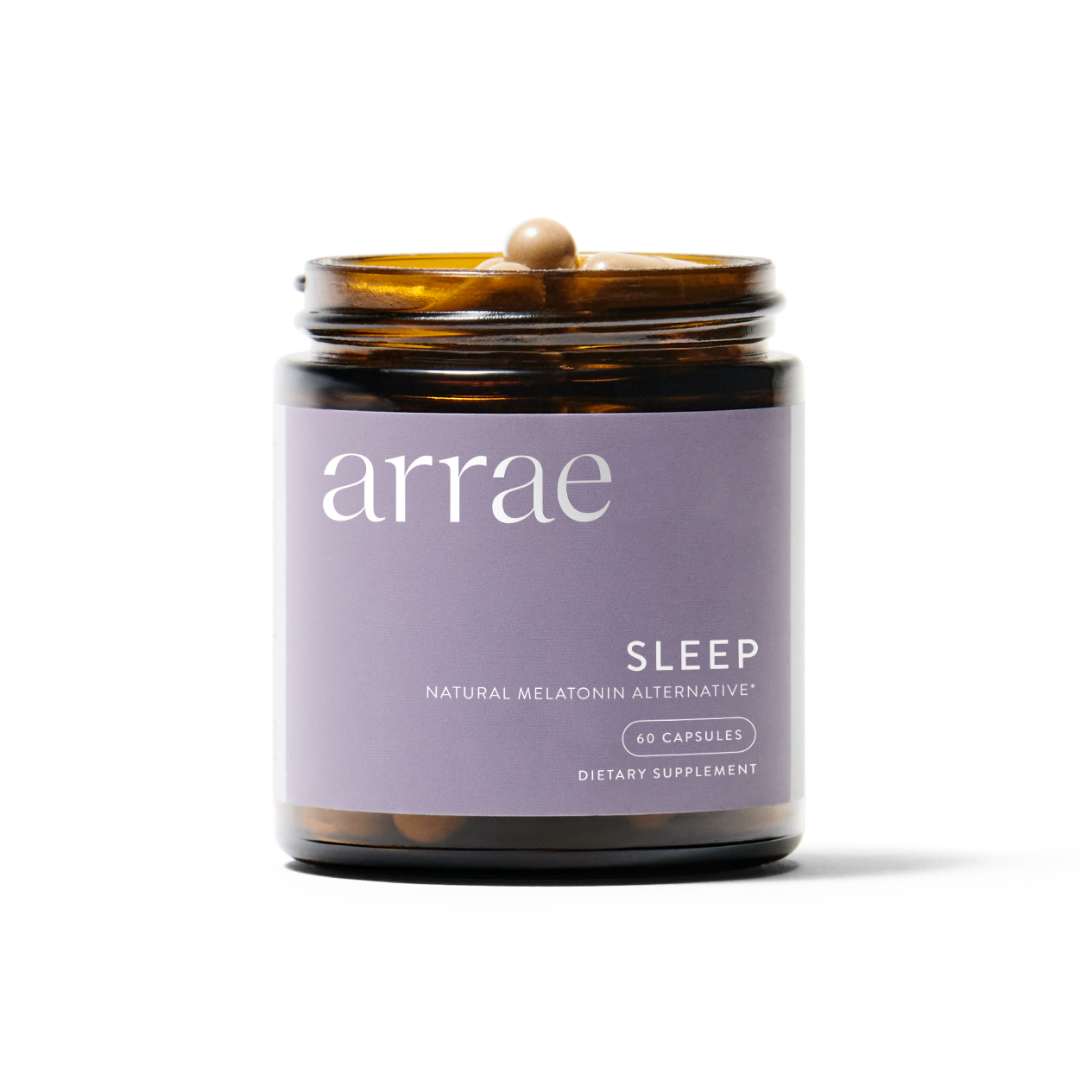
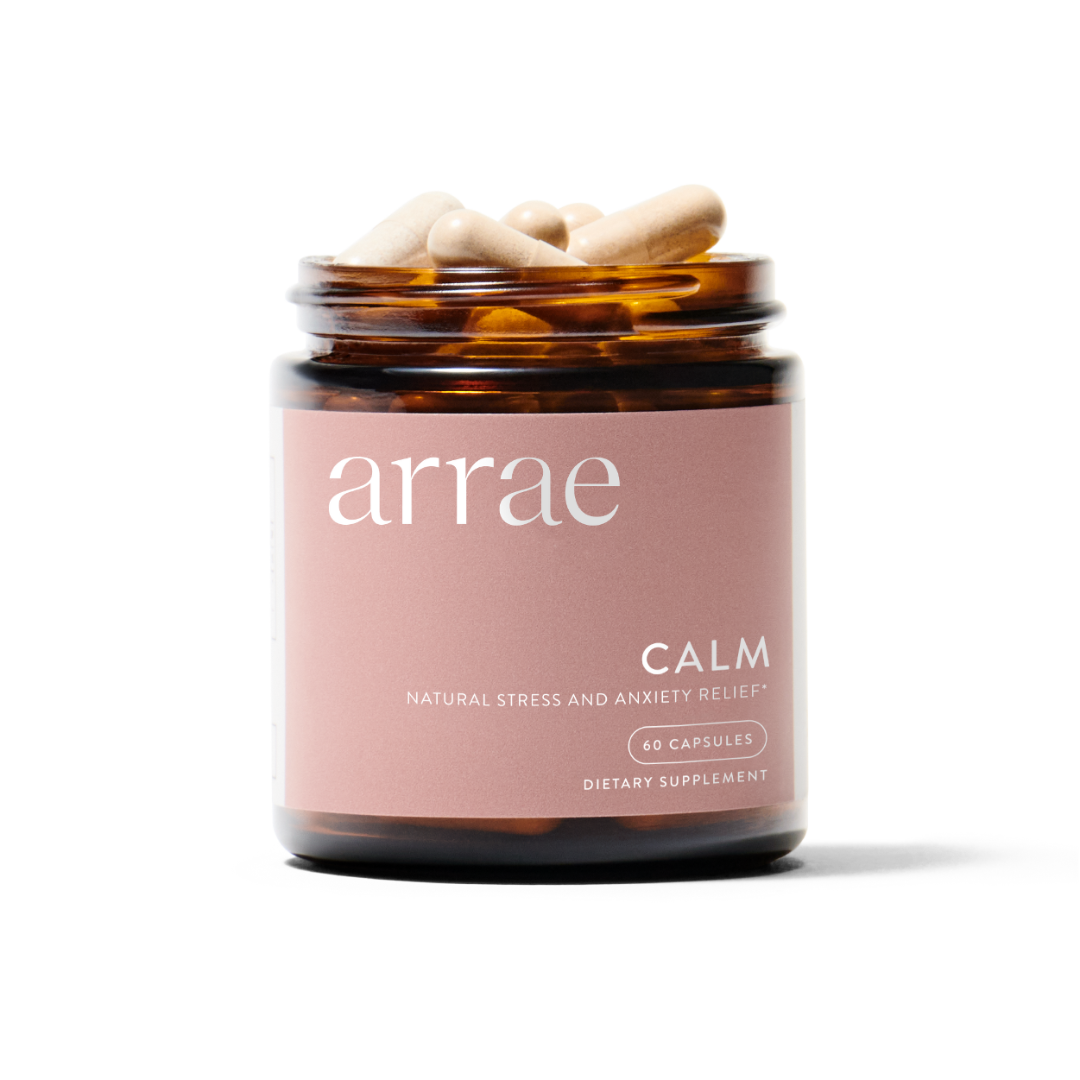


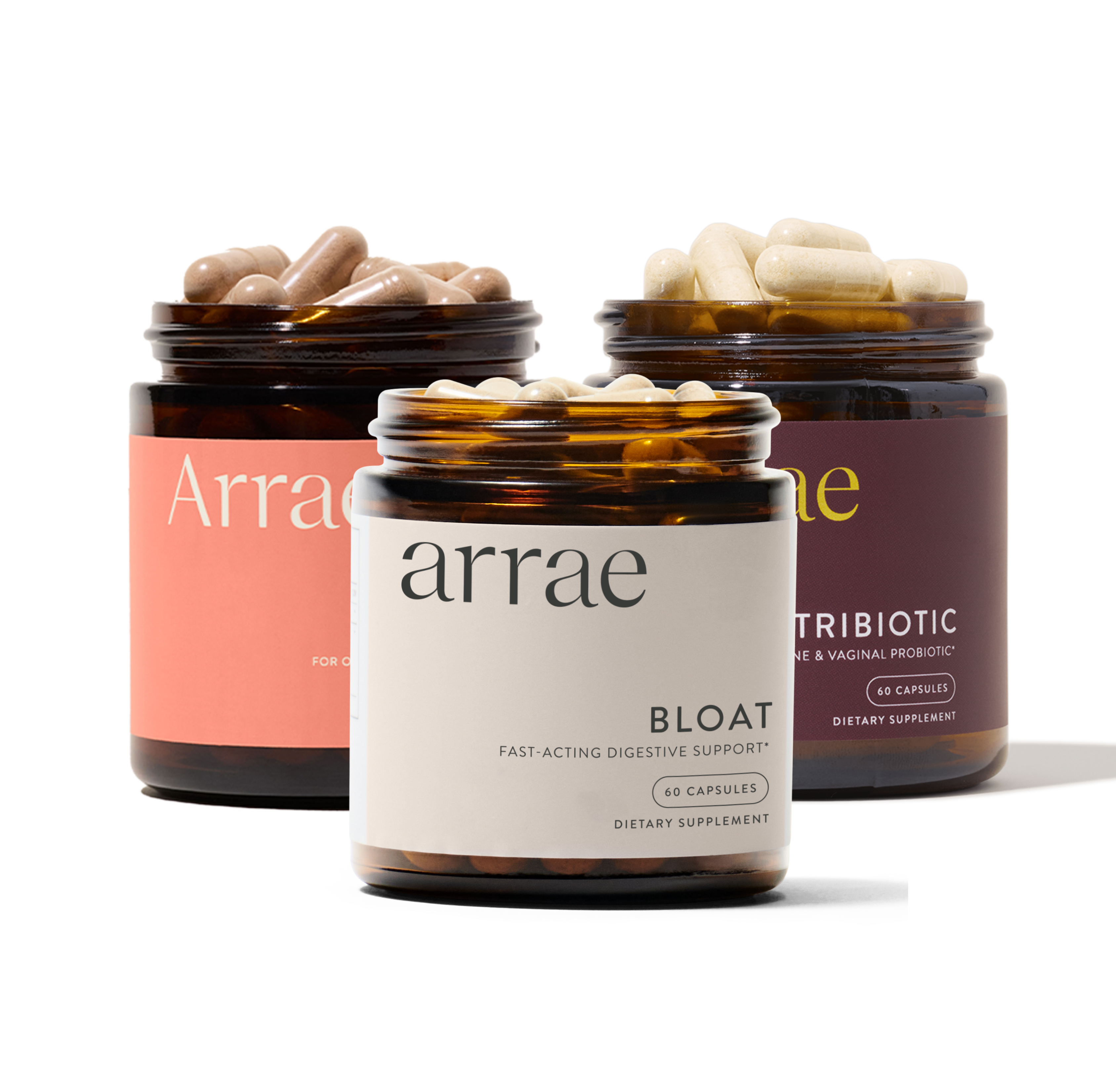








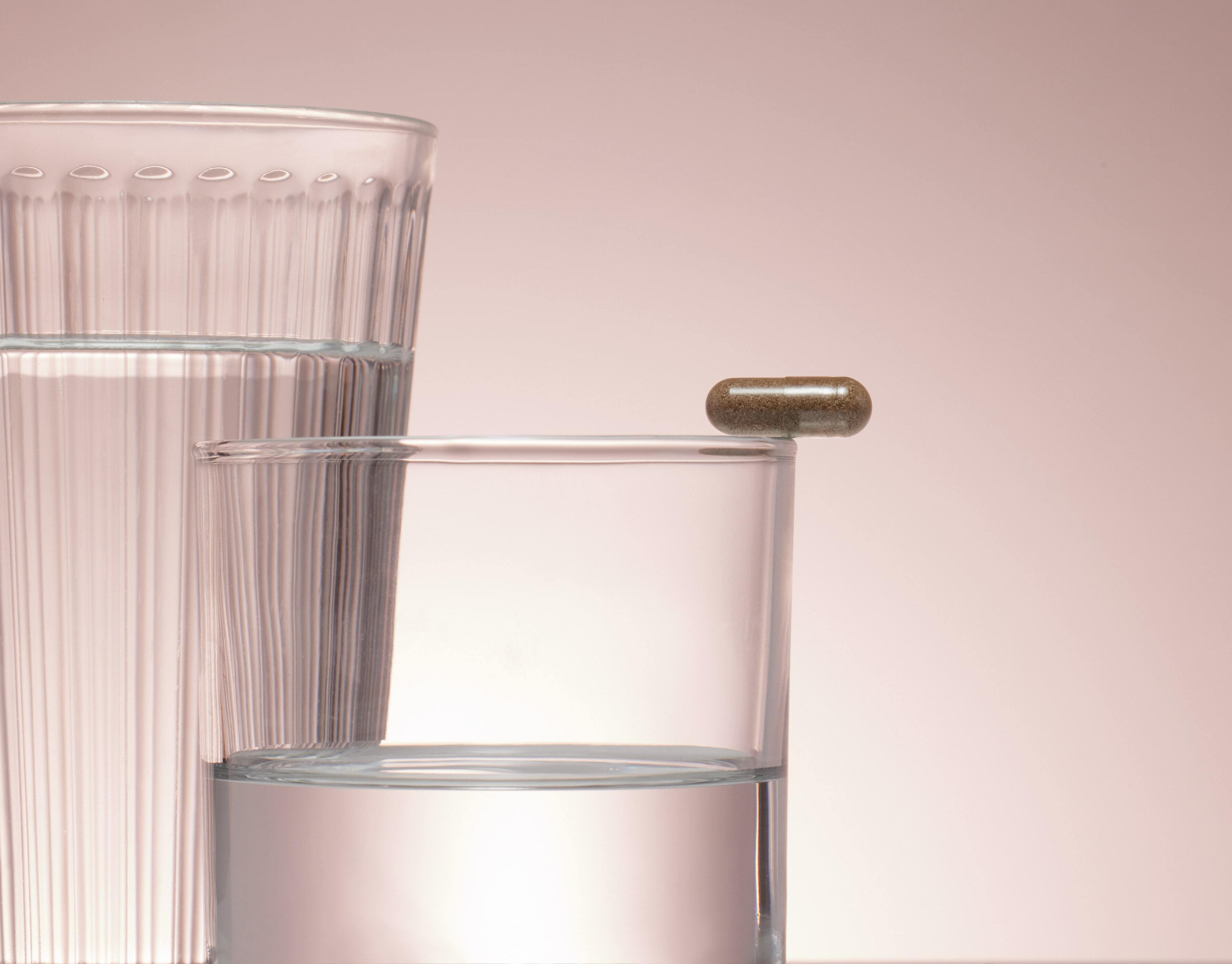

 Instagram
Instagram TikTok
TikTok Youtube
Youtube Facebook
Facebook Email
Email